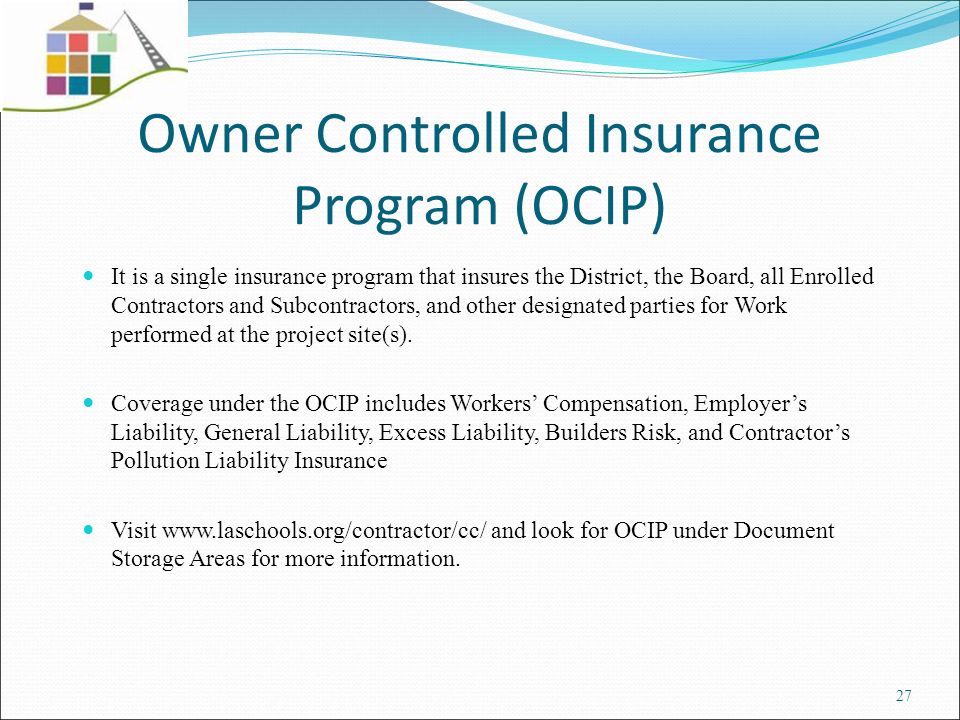OCP insurance definition provides clarity on the coverage, importance, and key features of this type of insurance, offering valuable insights for businesses and individuals alike.
Exploring the nuances of OCP insurance, we delve into the specifics of what it entails and how it can be a vital asset in mitigating risks and protecting against liabilities.
Definition of OCP Insurance

OCP insurance, which stands for Owner’s and Contractor’s Protective Liability Insurance, is a type of liability insurance that provides coverage for contractors and project owners against third-party claims arising from ongoing operations at a job site.
Importance of OCP Insurance, Ocp insurance definition
Businesses may require OCP insurance to protect themselves from potential liability risks associated with construction projects, such as property damage or bodily injury to third parties. OCP insurance helps mitigate financial losses that could result from these claims, safeguarding the business’s assets and reputation.
Key Features of OCP Insurance

- Provides coverage for third-party bodily injury or property damage claims
- Protects against legal expenses related to defending against claims
- Offers protection for subcontractors and employees working on the project
Obtaining OCP Insurance

The process of obtaining OCP insurance typically involves working with an insurance agent or broker who specializes in construction insurance. Factors that may impact the cost of OCP insurance include the scope of the project, the limits of coverage required, and the contractor’s safety record. To select the right OCP insurance coverage for a business, it is essential to assess the specific risks involved in the project and tailor the policy accordingly.
Concluding Remarks: Ocp Insurance Definition
In conclusion, a comprehensive understanding of OCP insurance is essential for making informed decisions regarding risk management and liability protection in various business scenarios.
FAQ Section
Why is OCP insurance important for businesses?
OCP insurance is crucial for businesses as it provides coverage for liabilities arising from operations performed on behalf of the business.
What are the key differences between OCP insurance and general liability insurance?
OCP insurance specifically covers liabilities arising from ongoing operations, while general liability insurance provides broader coverage for various types of liabilities.
How can OCP insurance protect against third-party claims?
OCP insurance can protect against third-party claims by providing coverage for liabilities that may arise during operations conducted on behalf of the insured business.
